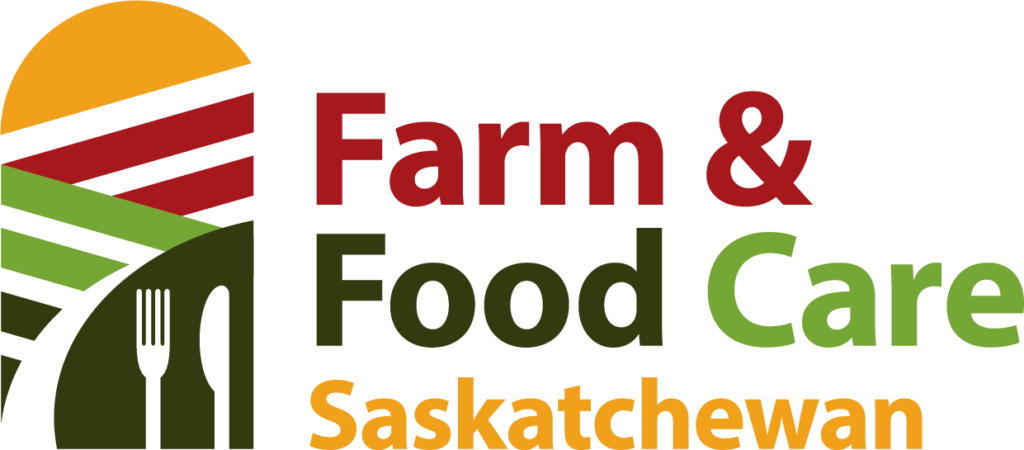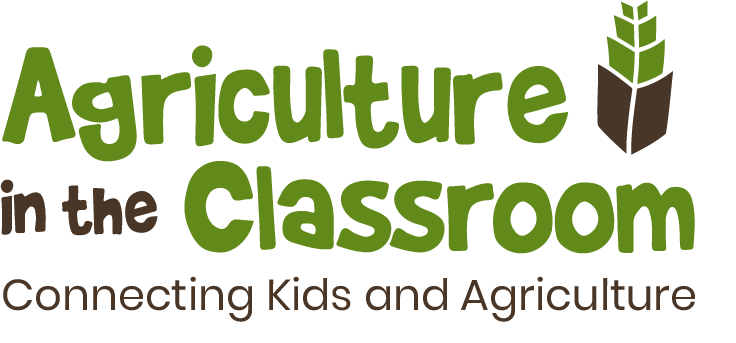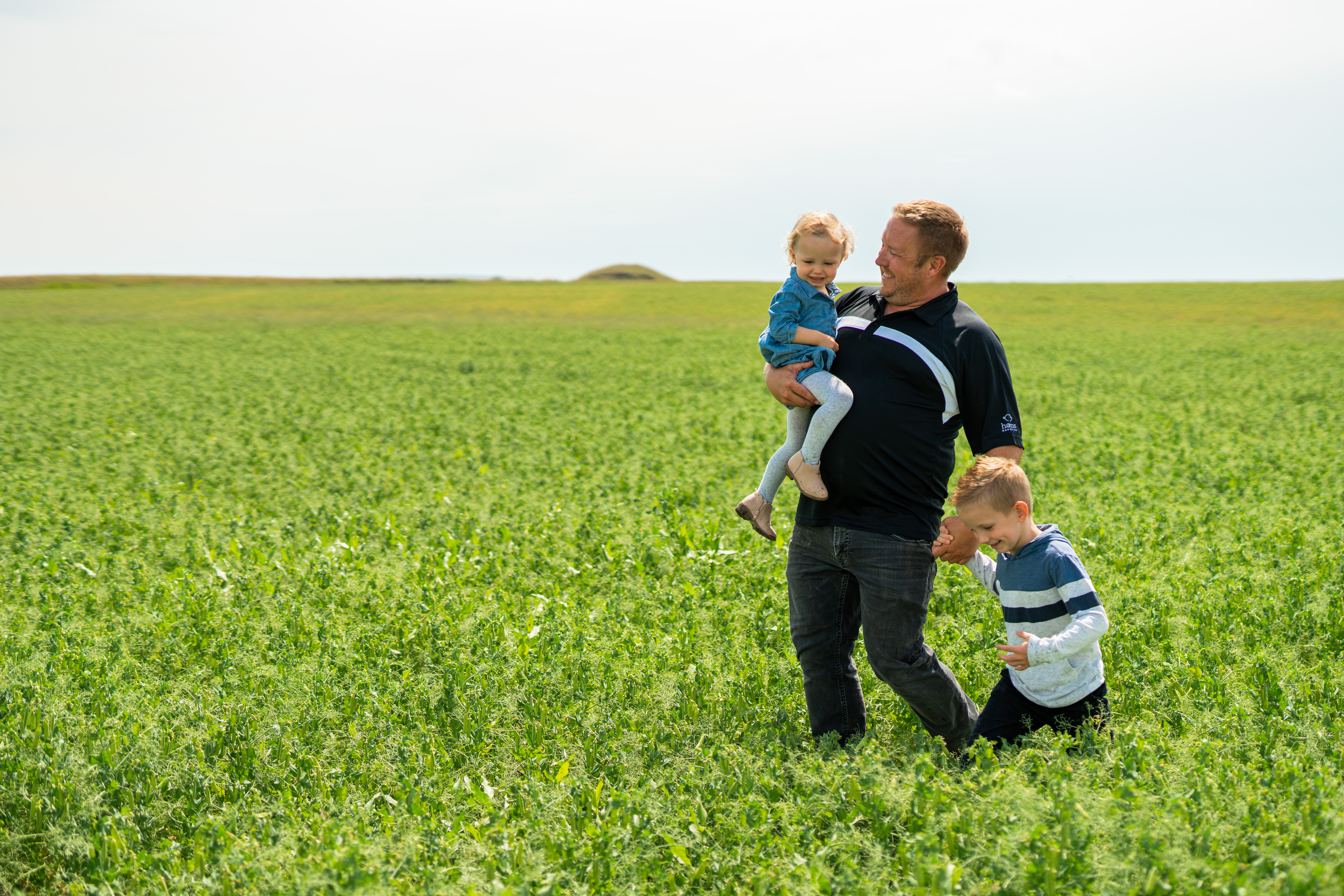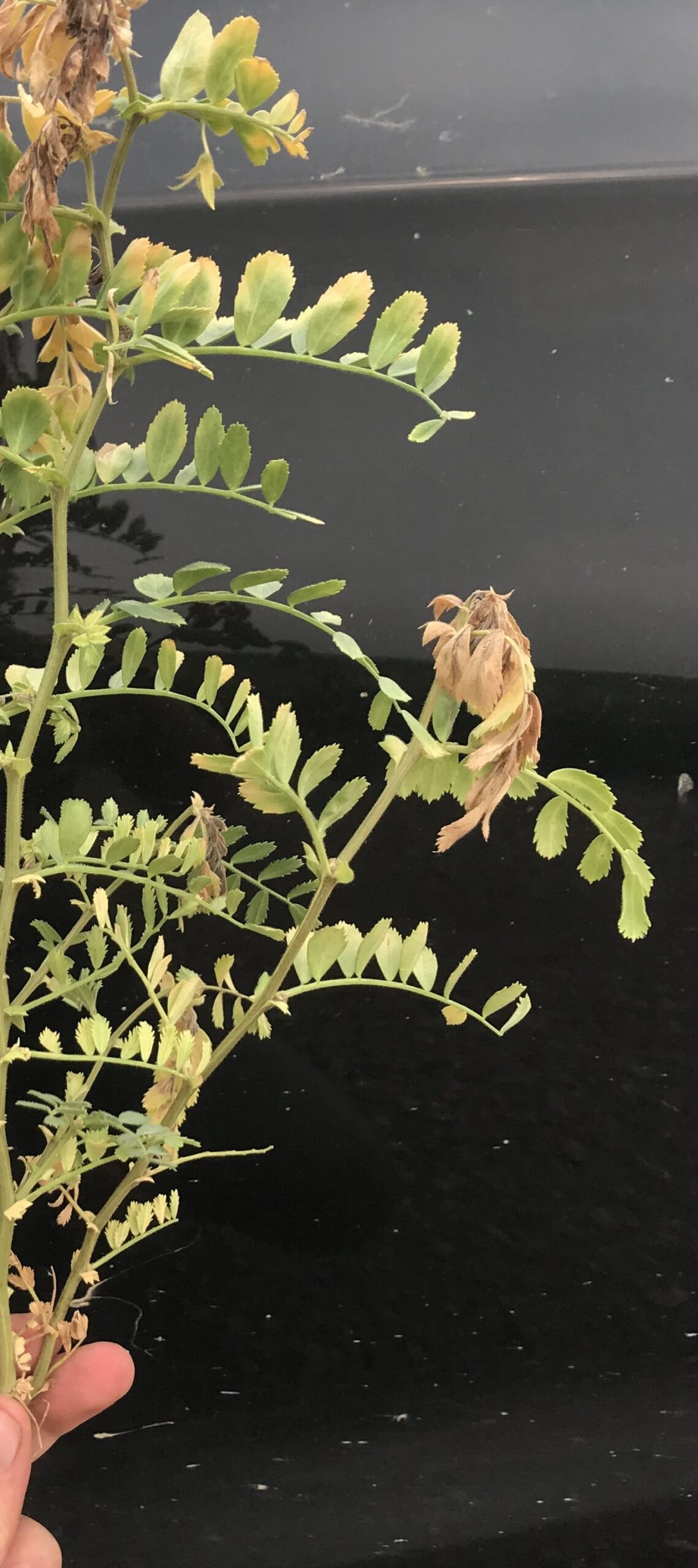By Noelle Chorney
Building public trust in the agriculture sector is a serious challenge. That is why Saskatchewan Pulse Growers (SPG) partners with Farm & Food Care Saskatchewan (FFC SK) and Agriculture in the Classroom (AITC), to build public trust and educate consumers, including school- aged children and educators.
Farm & Food Care Saskatchewan
Farm & Food Care Saskatchewan is a coalition linking thousands of livestock, crop, and horticulture producers, government, individuals, and businesses with a common goal to help people understand food and farming. They believe that getting to know farmers and ranchers means getting to know food.
This organization offers in-person tours, communications training for farmers, public trust education at events, presentations, and publications with the goal of creating a bridge between food production, producers, and consumers. Their messages spread well beyond Saskatchewan, reaching consumers across the country through their national programming.
“Saskatchewan is a small province, but we feed millions of people beyond our borders. It is important for us to tell our story to the entire nation. That is why we have invested in Canadian Food Focus to build trust with all Canadians,” says FFC SK Director of Communications, Dorothy Long.
Canadian Food Focus is an outreach initiative led by FFC SK. It communicates our Canadian food and farming stories, explores how food is grown and raised, shares recipes, and provides useful advice from experts to help people make confident food choices.
The program has a national social media presence and works with influencers throughout the food industry, including dietitians, chefs, bloggers, food writers, farmers, and ranchers. They have demonstrated high engagement in urban centres across the country, with 2 million impressions a month and 400,000 to 500,000 engagements.
Long says, “We are seeing a community form on our social media channels – other people will answer the questions from our followers and there are dialogues happening in the comments.”
The FFC SK website offers blog posts with food-related health advice, food trends, and insights into how different foods are grown and produced, as well as recipes and in-depth “Learn to Cook” lesson modules including Learn to Cook with Lentils. Video blogs offer virtual visits to farms and ranches throughout the year.
Long says, “Our ultimate goal is to improve food literacy and build trust in the Canadian food chain from farm to plate. As food is the most intimate way that consumers experience agriculture, we start that conversation with a recipe or a question they have about food.”
Agriculture in the Classroom
While FFC SK focuses on building public trust among consumers, Agriculture in the Classroom starts with students to build a foundation of trust in our food system. The goal is for students graduating from grade 12 to have confidence in the food and agriculture industry and to be inspired to consider a career in agriculture. AITC works closely with educators to offer educational resources that teachers are looking for in their classrooms. They have created resources for elementary, middle years, and high school curriculum.
Executive Director Sara Shymko says, “Ag in the Classroom exists to inspire the next generation of big thinkers and decision-makers to take part in our agricultural future. There are many challenges and complex situations in the world today such as climate change, food insecurity, war, environmental sustainability, and we need this generation to be part of the solutions. We deliver programs that are exciting and engaging, require critical thinking, and get students excited about possibilities for engaging with agriculture.”
SPG’s contributions to AITC are offered without specific requirements on how they are used, which allows AITC to be responsive and flexible to emerging issues in agriculture, acting as a bridge between agriculture and education. “We would not be able to reach the number of students we reach without this kind of support. Saskatchewan agriculture has an incredible story to tell, and we want to be able to tell those stories. When teachers and kids have questions, we need to be there with reliable information to give them the answers.”
Teachers have become some of AITC’s most enthusiastic supporters. They are often looking for exactly the sort of hands-on, curriculum- based educational experiences that AITC offers. They reach teachers through professional development events, summer workshops, and presentations to university classes. Shymko says, “Last year we reached over 500 schools in the province, and demand continues to increase. Our teacher champions bring their students back year after year, tell other teachers, and share their experiences with our programs on social media.”
AITC is committed to building connections in the community including students, teachers, and producers. “Good things happen when we can build those connections. People trust people and creating opportunities for those relationships to form is how we are going to build trust in the industry,” says Shymko.
“Students today are our future policymakers and decision-makers. We want them to be curious and ask the questions now and build that trust as they grow up.”


Published February 2023



